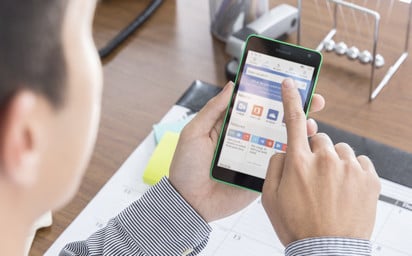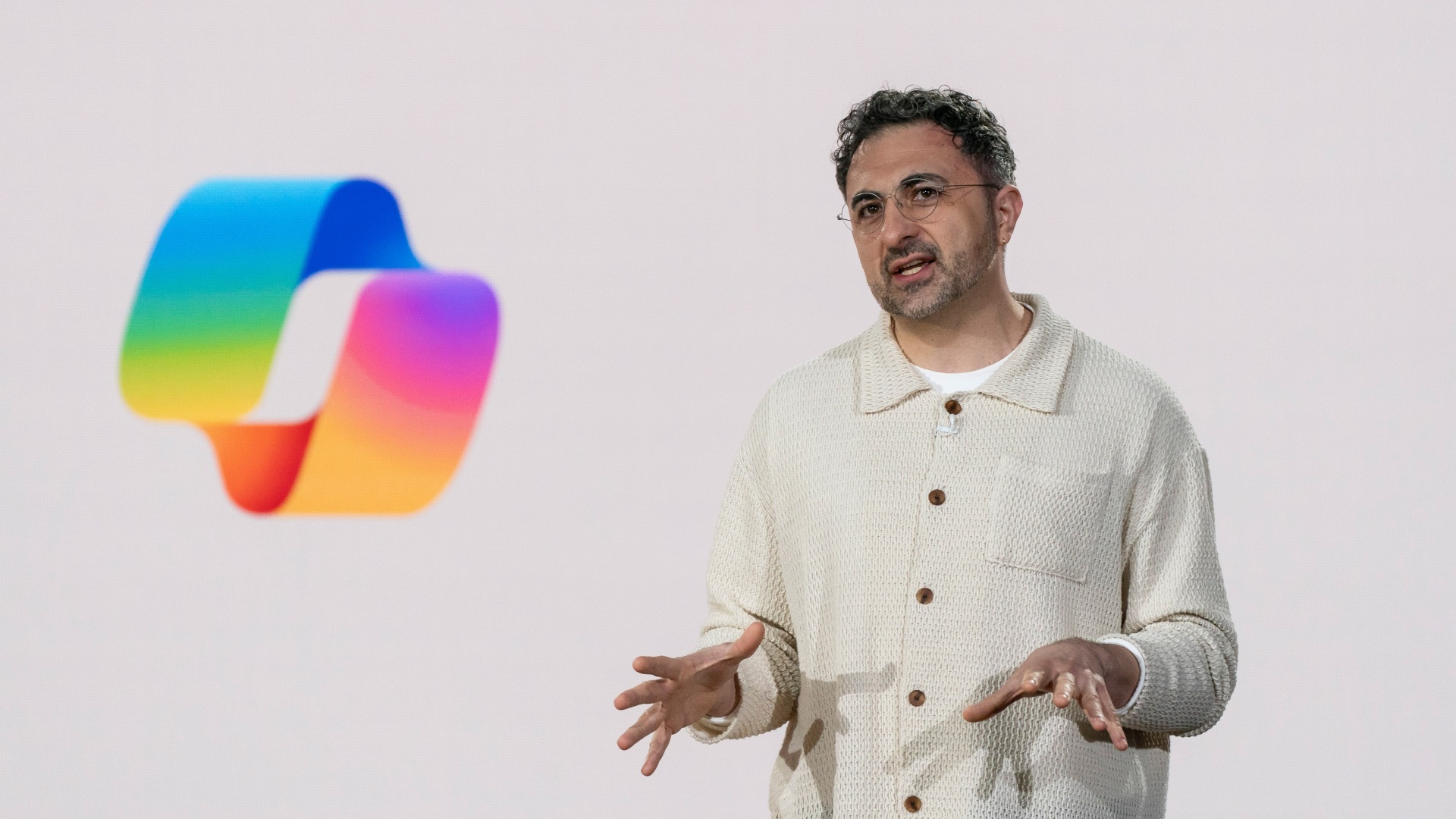Microsoft launches Flow beta for Windows Phone

All the latest news, reviews, and guides for Windows and Xbox diehards.
You are now subscribed
Your newsletter sign-up was successful
A Windows Phone version of Microsoft Flow is now in beta testing, the company has announced today{.nofollow}. The service, which allows you to set up automated tasks, initially launched for Android and iOS last year.
Flow operates much like IFTTT (If This Then That), letting you set up automated interactions between your apps. Currently, Flow supports more than 100 services, including some popular options like Slack, Todoist, OneDrive, and more.
Unfortunately, if you want to get in on this beta, you'll have to exercise a little patience. While Microsoft has announced the Beta is now available, you have to apply to participate in the program before you can get started. To do so, you can send a request to flowmobilefeedback@microsoft.com.
All the latest news, reviews, and guides for Windows and Xbox diehards.

Dan Thorp-Lancaster is the former Editor-in-Chief of Windows Central. He began working with Windows Central, Android Central, and iMore as a news writer in 2014 and is obsessed with tech of all sorts. You can follow Dan on Twitter @DthorpL and Instagram @heyitsdtl.
